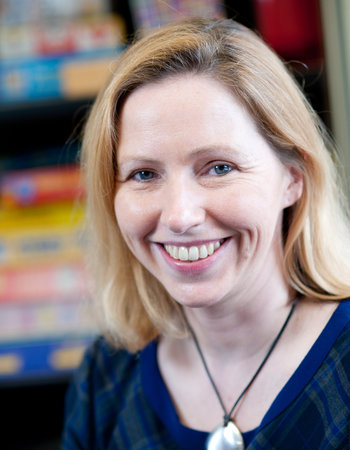Persons of Trust
For Doctoral Candidates
Participating in a doctoral research program can be challenging on both, professional and personal level. There will be stressful times as well as unexpected events that may put someone in a conflict or a difficult situation that cannot be resolved on her/his own. Depending on whether it is a conflict with the peers, the supervisor, or other staff members, whether there are feelings of discrimination, or whether candidates feel unable to perform the way they wish they could, owing to professional of private issues, candidates can find assistance and advice from different contact points listed below.
MPSCog candidates can contact the ombudspersons at the institutions where they are based at. Additionally, the MPSCog Faculty Members Professor Daniel Haun and Professor Caroline Rowland have been appointed as persons of trust at the MPSCog and can be contacted by PhD-candidates for confidential advice if conflict situations or questions about good scientific practice arise.

Daniel B. M. Haun
Ombudspersons
Caroline F. Rowland
Ombudspersons
Candidates in the orientation phase can make use of the following contact points at MPI CBS:
Equal opportunities officers. The Max Planck Society and each of its institutes support and promote employees regardless of gender, nationality, religion, disability, age, cultural origin, or sexual identity. Whenever needed, doctoral candidates in the orientation phase could seek out the equal opportunities officers at the MPI CBS.
Ombudsperson. Scientific integrity is one of the most highly valued assets in science. This includes an open debate about what constitutes good scientific practice and according to which rules scientific activity is pursued. Generally speaking, the role of an ombudsperson does not concern severe violations in the sense of potential scientific fraud, but rather conflicts that arise from scientific practice. Unresolved conflicts may have an impact on the overall working climate and may significantly affect motivation. Thus, conflicts need to be addressed and solved in a sustainable manner. Most of the discussions held by ombudspersons concern issues of authorship, i.e., questions relating to the fair acknowledgment of scientific contributions to a certain publication on the part of individuals. Candidates in the orientation phase can reach out to the MPI CBS ombudspersons.